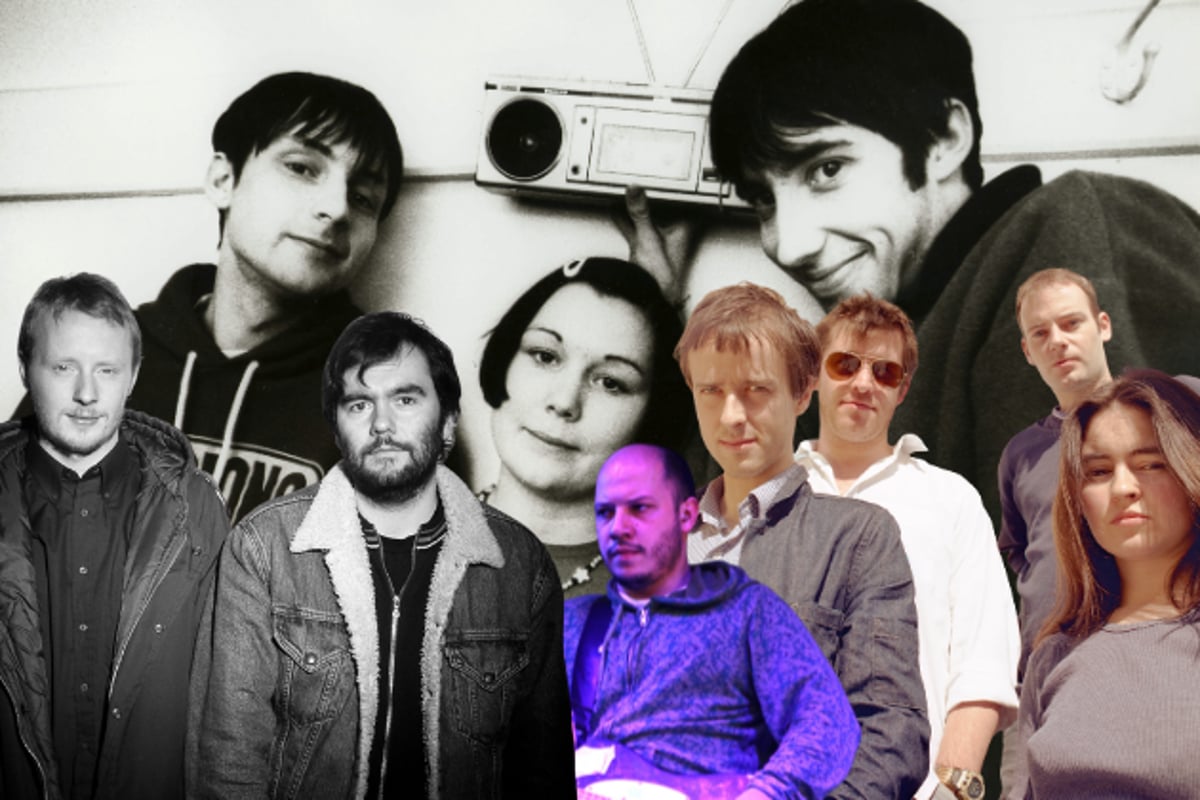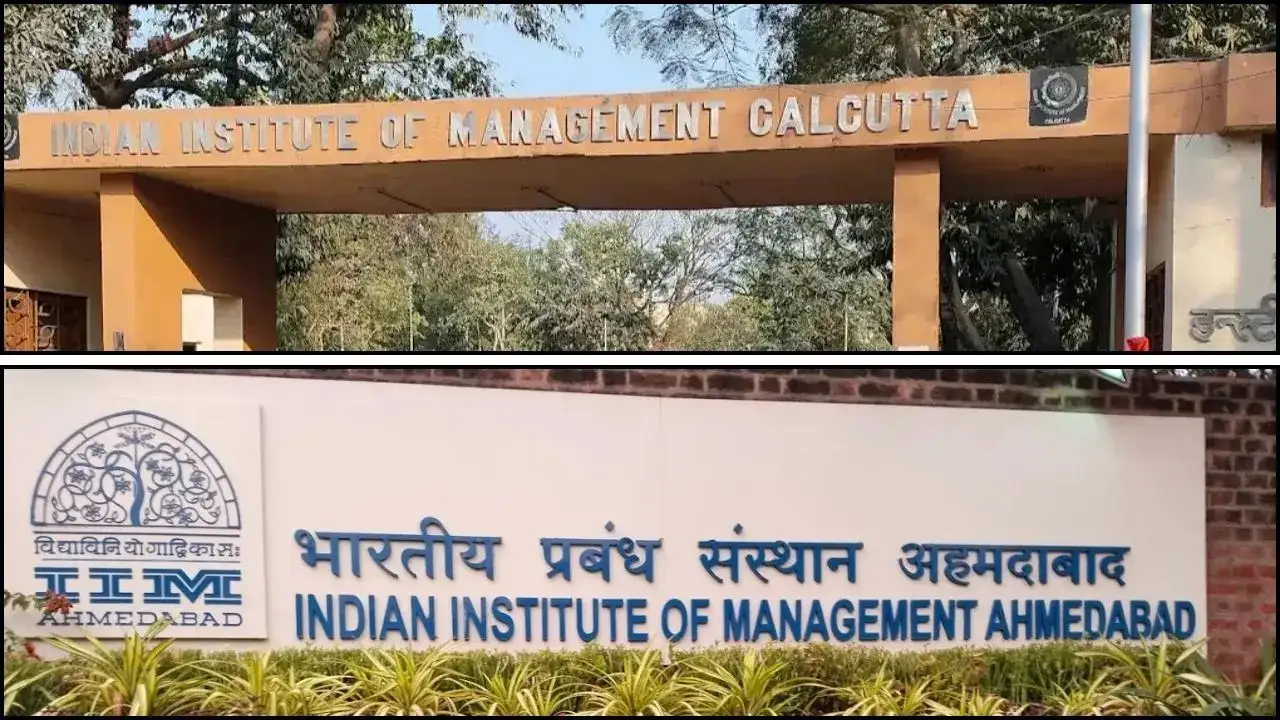Copyright glasgowworld

I used to run a small record label back when I was younger, potentially dumb and full of the righteous rage that some of my friends’ bands should be getting the attention they deserved locally. It did well, releasing music through CDRs and sat around an Auckland townhouse cutting and folding a myriad of CD covers and inlays. Many of you out there running DIY or DIT (do-it-together) labels can attest to those early moments where presentation wasn’t so much key, as mainly getting into the eyes, hands and most importantly, ears of a community who might also enjoy what we and many other smaller entities had to offer. This was before Spotify and streaming services made it so much easier to distribute records, but there was a certain charm to those earlier days. For as much, though, as I wanted to be Sub Pop, we often got a few other comparisons - some nice, others pretty cruel - but it would be one particular Scottish label that a local music writer would reference during a conversation that stuck with me. This was at a show with one of the most popular, younger acts on the label, and said writer would inform me that they reminded him a lot of Bis. That we also had a few post-rock and post-punk acts on the label, the name Chemikal Underground would creep up a few times over the lifespan of my label. It was kind of hard not to - we were both born out of the idea that if no one else would release what we felt was good music that needed a deserved platform, why not do it ourselves... and as I was once informed, the moment you have a couple of releases under your belt, a discography as it were, you’re pretty much a record label. This is the story of a Glaswegian record label that did it themselves, and helped pioneer a musical genre with a band that are hallowed godfathers to the movement - and Bis, naturally. This is a look at Chemikal Underground - anecdotally, with my own experiences running a small label. As mentioned, with many smaller labels, the origins of Chemikal Underground’s formation were born from pure necessity. In 1994, the members of the indie-rock band The Delgados—Alun Woodward, Emma Pollock, Stewart Henderson, and Paul Savage—were ready to release their debut single, ‘Monica Webster’ / ‘Brand New Car.’ They had shopped the single around, but after an industry showcase gig went sideways, they found themselves with no offers. To them, the lack of interest wasn't a sign that the music was bad, but a sign that the industry was blind. The solution was simple, brutal, and effective: If no one would release it, they would do it themselves. This moment perfectly captures the initial rage I remember, sitting with friends outside of gigs or coffee shops and feeling gatekept by larger entities. As a DIY label owner, the decision to press that first run isn't a financial one; it’s an emotional one—a declaration that your art, and your friends' art, deserves a tangible presence in the world. Speaking to Rolling Stone UK in 2023, Pollock recalls that there was a shift in the mindset for many Scottish musicians: “(they) began to question if they needed to go down the road of moving to London and chasing a pop career, because it involved giving up so much control. “When we started Chemikal, we were buying ourselves some artistic freedom and the opportunity to have a career that would last longer than the plans for a bigger label's financial year. Mogwai are an absolute testament to that.” Influenced by the likes of Factory Records across the border, and closer to home, Postcard Records, the label officially launched with that single, CHEM001. However, running a label on righteous indignation and limited funds is precarious. Their first major challenge was economic sustainability. The financial aspect, we all hoped, would come later. But the label’s solution came in 1996 with their second-ever release: Bis's The Secret Vampire Soundtrack EP. Their lead track, ‘Kandy Pop,’ was youthful, synth-driven, and catchy enough to reach the UK Top 40, leading to Bis becoming the first “unsigned band” to perform on Top of the Pops. The Outcome? Bis's pop success gave Chemikal Underground the vital, immediate revenue stream it needed. This money allowed the founders to invest in proper distribution and move the label out of their home—effectively shifting them from a project into a business capable of taking on bigger, riskier artistic endeavours. By the end of 1996, the label had also released Arab Strap's debut, The Week Never Starts Round Here, proving that the money earned from Bis wouldn't be spent chasing pop trends, but instead supporting uncompromising, honest Scottish artists. The stage was set for their expansion. This era is where Chemikal Underground transitioned from a necessity-driven DIY label to an international critical powerhouse. The money generated by Bis was not wasted on pop imitators; instead, The Delgados made a key decision to invest in artists that were artistically challenging but possessed undeniable talent. The defining moment came in 1997 with the release of Mogwai's debut album, Mogwai Young Team. Mogwai's instrumental sound, built on explosive dynamic shifts (the famous "quiet-loud" structure many consider Pixies to have popularised), became the blueprint for post-rock. Their music was the antithesis of the upbeat, laddish Britpop dominating the airwaves. By championing this uncompromising, cinematic noise, Chemikal Underground gained immediate international credibility for backing pure artistry over commercial viability. To quote directly from the label’s website: “Chemikal Underground probably wouldn't exist today if it wasn't for Mogwai, so we raise our caps to them once again and praise their other-worldly, musical magnificence…." They had essentially taken the cash from a Top 40 single and bankrolled a genre-defining masterpiece. This period also saw The Delgados themselves reach their own creative zenith. Their 2000 album, The Great Eastern, was a lush, emotionally intense record featuring sophisticated orchestral arrangements. The album earned the label a prestigious Mercury Music Prize nomination, demonstrating that the founders were not just good label managers but major artists in their own right. From experience, when you run a label and finally hit that first profitable release—your Bis moment—the pressure is immense to repeat it. Chemikal’s brilliance wasn't that they found pop success, but that they used that money as a shield. They used the revenue to protect artists like Mogwai, allowing them to make music that took years to generate a loyal following. That's the definition of an artist-first, long-term business strategy. “There was a moment in the mid-nineties when bands started to realise you didn't need to sound like anybody else, and the spirit of that lives on,” Paul Savage of The Delgados recounts. “You can hang out together, you can share your resources, but ultimately, everybody has a sense of identity and individualism." The combination of Mogwai's global critical acclaim, Arab Strap's unique honesty, and The Delgados' own Mercury-nominated artistry solidified Chemikal Underground's position as the cornerstone of modern Scottish indie—a reputation built not on hits, but on challenging, enduring music. The success and critical mass achieved in the late 90s presented Chemikal Underground with a new question: how do we ensure this independence lasts? This era marks the deliberate decision to shift the label from a band project into a permanent infrastructure for the Scottish music community. The key answer came in the form of Chem19 Recording Studio. Around 2002, The Delgados decided to invest their earnings not in new signings or luxurious offices, but in a property. They purchased a space in Blantyre, just outside Glasgow, and established their own recording facility, which was largely engineered and run by Savage. For a small label, owning your own studio is the ultimate strategic move. It is an enormous upfront cost, but it immediately eliminates two huge recurring drains on cash flow: booking time at expensive external studios and paying for external engineers. By owning the creative space, Chemikal essentially guaranteed cost control and unlimited access for its own roster (The Delgados, Mogwai, Arab Strap) while simultaneously creating a new, reliable revenue stream by renting the space to outside bands, securing their financial stability for years to come. “It was the best thing we ever did, strategically,” Pollock declared in 2017. “It meant we were paying ourselves, not a third party. It secured our future by cutting out huge costs and giving us complete control over our creative schedule. It's the physical proof that the label was built to last." This move solidified the D.I.T. (Do-It-Together) ethos. Chem19 became a vital hub, not just for Chemikal Underground bands, but for the wider Scottish music scene, hosting recordings for acts that would achieve global fame, such as Franz Ferdinand. The ultimate test of the label’s institutional success came in 2005 when The Delgados announced their amicable split. This could have been the death knell for the label, as the founding band was dissolving. Instead, the founders confirmed that their commitment was to the label and the studio. They continued to run Chemikal Underground together, proving that the institution they built was more enduring than the band that created it. The amicable split of The Delgados in 2005 marked the transition point: Chemikal Underground was no longer dependent on its founders as a touring entity. It had become a self-sustaining institution, committed primarily to running the label and Chem19 Studio. This period saw The Delgados’ members—specifically Emma Pollock, Alun Woodward, and Paul Savage—fully dedicate their time and expertise to discovering and supporting the next wave of challenging Scottish artists. “It's a genuine commitment to the scene that's kept it going,” Pollock spoke of in a 2017 interview. “We set it up not just to release our own records, but because we felt there was great music in Glasgow that wasn't being heard. That philosophy hasn't changed, even though the Delgados don't exist anymore." Rather than chasing large commercial acts, the label remained focused on the same core principles: artistic honesty and individual identity. This commitment brought them a new generation of critical success through bands like The Phantom Band and artists like Admiral Fallow. The ultimate proof of the label's continued relevance in the streaming age came in 2013, when RM Hubbert—a fiercely independent guitarist known for his unique, minimalist flamenco-influenced compositions—won the prestigious Scottish Album of the Year (SAY) Award for his record, Thirteen Lost & Found. This win showed that the "kitchen-table ethos" could still produce major cultural landmarks decades later. In the modern era, the value of a label like Chemikal Underground shifts from being a financier to being a curator and protector. The digital age makes distribution easy, but it floods the market with content. A reputable label provides two things money can't buy: trust—by signalling quality to listeners—and time—by sheltering artists from the demand for instant hits. This is the enduring strength of the Chemikal model. Today, Chemikal Underground operates much as it always has: small, artist-run, and deeply rooted in the Glasgow community via the Chem19 Studio. It stands as a powerful testament to the longevity of the DIY spirit and the principle that artistic freedom is the best long-term business model. So, for those new to Chemikal Underground, what are some of the essential releases to check out and add to your playlist going forward? This is the most important financial document in the label's history. Containing the Top 40 single ‘Kandy Pop,’ the EP provided the vital cash infusion that allowed Chemikal to sustain itself, move out of the kitchen, and invest in riskier, genre-defining acts like Mogwai. It's DIY indie-pop history. The definitive post-rock blueprint. This album established Chemikal Underground as an internationally credible home for uncompromising, challenging music. It's a masterpiece of dynamic shifts, built on explosive noise and quiet contemplation, and remains the label's most critically hailed work. While Mogwai provided the critical weight, this album showed the founders' own artistic genius. It’s a lush, orchestral, and emotionally complex record that earned the label its only Mercury Music Prize nomination, demonstrating the sophisticated production standards Paul Savage helped pioneer. This record proves the label's modern relevance. Hubbert, an independent guitarist known for his unique, complex flamenco style, won the Scottish Album of the Year (SAY) Award for this release. It shows that the "kitchen-table ethos" still finds and champions artists outside the mainstream, years after the founders' band split. The essential counterpoint to Bis's pop sound. This album is raw, deeply honest, and features the duo's famous spoken-word narratives over atmospheric backing. It immediately defined Chemikal as a home for Scottish voices telling messy, authentic, and uncompromising local stories.



